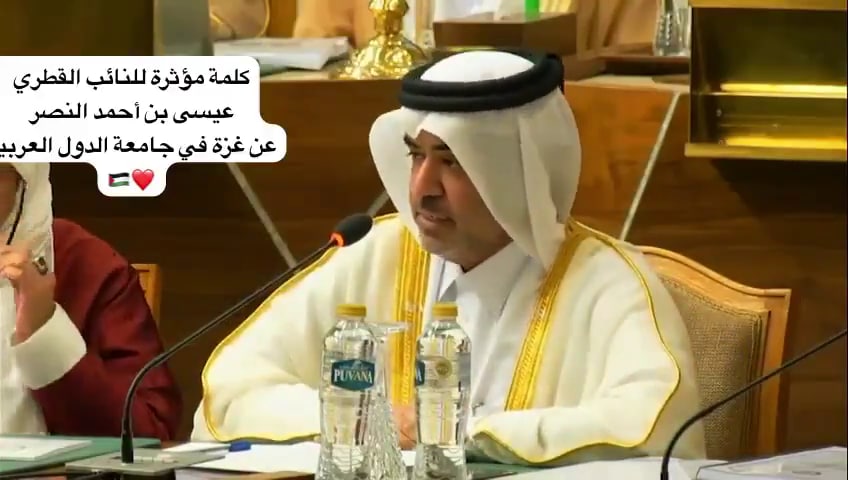
The following is a complimentary offering from the MEMRI Iran Threat Monitor Project (ITMP). For more information, write to memri@memri.org with "ITMP Subscription" in the subject line.
Mohammad-Javad Larijani, a member of Iran's Expediency Council and an advisor to the head of Iran's judiciary, said in an August 28, 2020 interview on Channel 4 (Iran) that signing the JCPOA had been a mistake and that nuclear energy and scientific achievements are Iran's undeniable right. He added that Iranians who say they just "want to live" and do not care about nuclear energy or long-range missiles are echoing an idea that is promoted by the enemy inside Iran. In addition, Larijani discussed access to the "virtual space" in Iran and questioned why Instagram – which he said is run by Jews and Americans – has access to the minds of the public. He argued that even the United States banned WeChat and TikTok as soon as they began to run contrary to U.S. interests.
Mohammad-Javad Larijani: "We made a mistake [with the JCPOA], and we were duped. Of course, some people say: 'If it was so good for the Americans, how come they pulled out of the deal?' Such an unprofessional conclusion... They want things beyond [the nuclear deal]. They pulled out of the deal for something else. In a certain way, they actually signed it just so they could pull out.
[...]
"Our red line is the rule of Islam and our independence.
[...]
"What is one of the clear manifestations of this? Nuclear energy and our scientific achievements are our undeniable rights. We have no less right to the field of nuclear energy and knowledge than America, Russia, China, England, and France have. We must not accept any restrictions on this.
[...]
"I am one of the most ardent opponents of the NPT, not because it is a bad document, but because it has already been destroyed, anyway. Regarding the additional protocol, it is a total mistake to sign it. These issues are temporary, and the West should appreciate that we even listened to it for some time.
[...]
"These are all our undeniable rights. We have never given up on them, and we never will. If somebody does not like this statement, then he does not understand it. He is wrong."
[...]
Interviewer: "When we are talking about a country and people, how [important] are these people and what they choose? Maybe Mr. Larijani wants to become a martyr, like on Ashura, and maybe he wants to fight. But what if that's not what I want?" [Let's say] I don't want nuclear energy, the other things, or long-range missiles. [Let's say] that's not what I choose. Is the only way to check this through elections? Are these discussions and concepts even important when it comes to general policymaking?"
Larijani: "Look, we need to correctly understand the conditions. Today, we have a strong and organized regime. It decides and executes, and it inspects the circumstances. We are not in a situation in which we are numb and, in a vacuum, asking every person whether he wants to fight or not. This regime enjoys broad national support, makes important decisions, and is steadfast before the enemy. And don't think that [signing] the JCPOA reduced our resistance.
[...]
"The second point is that injecting an idea that the enemy promotes and that a certain group within Iran keeps echoing. They say: 'Enough. We want to live. Where have you taken us? We are tired.' It is quite the opposite. We do want to live, but as human beings, not as slaves.
[...]
"I am not against the virtual space, but we don't know what to do. We pretend to be modern by means of people who don't understand modern thinking. The Americans, who talk a big talk [about freedom], blocked WeChat and TikTok the moment they began to run against their interests. For 12, 10, 8 years, we have been arguing over the issue and saying that Instagram, which Israel... It belongs to Jews and Americans... Why should it have access to the minds of the public?"













